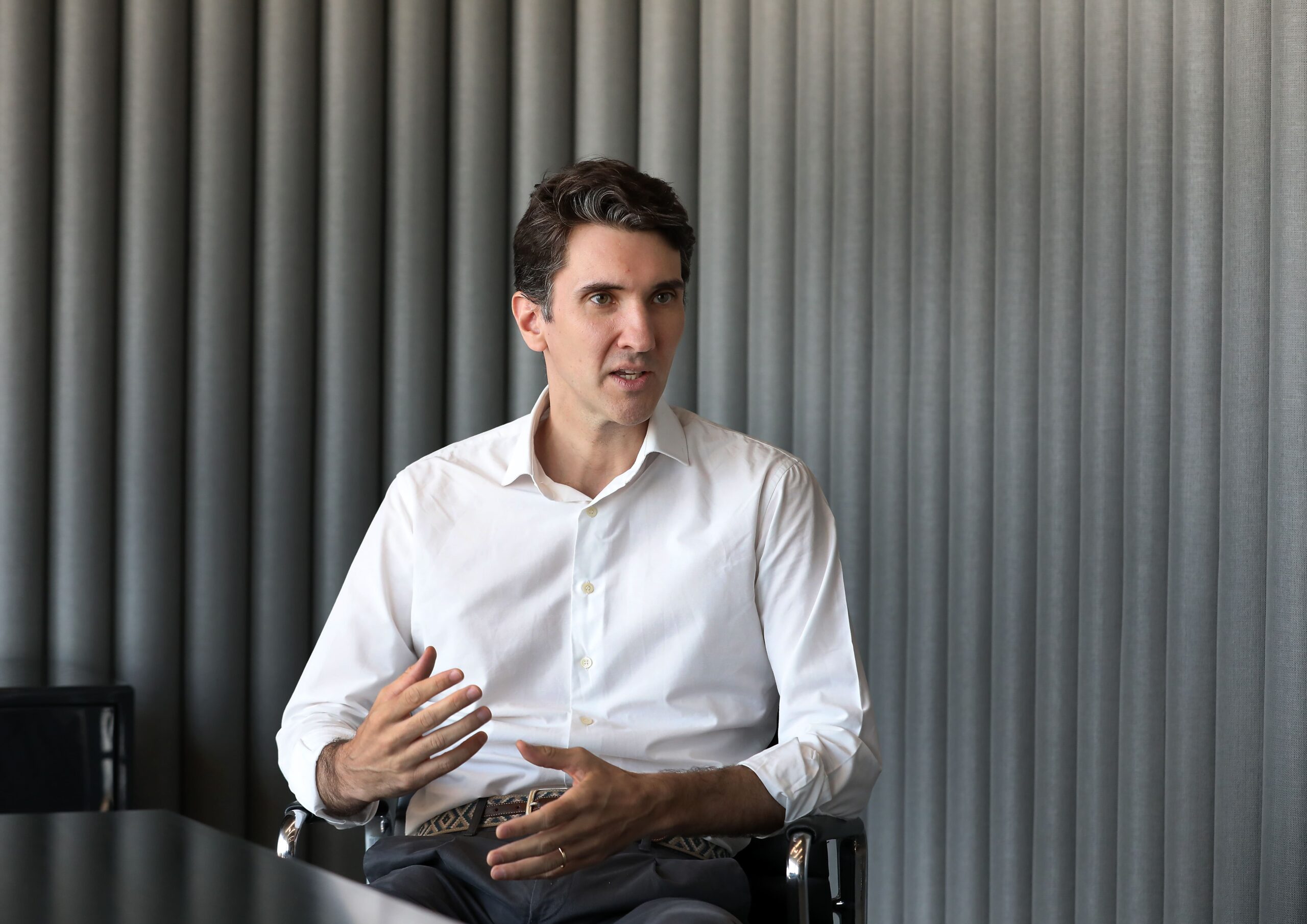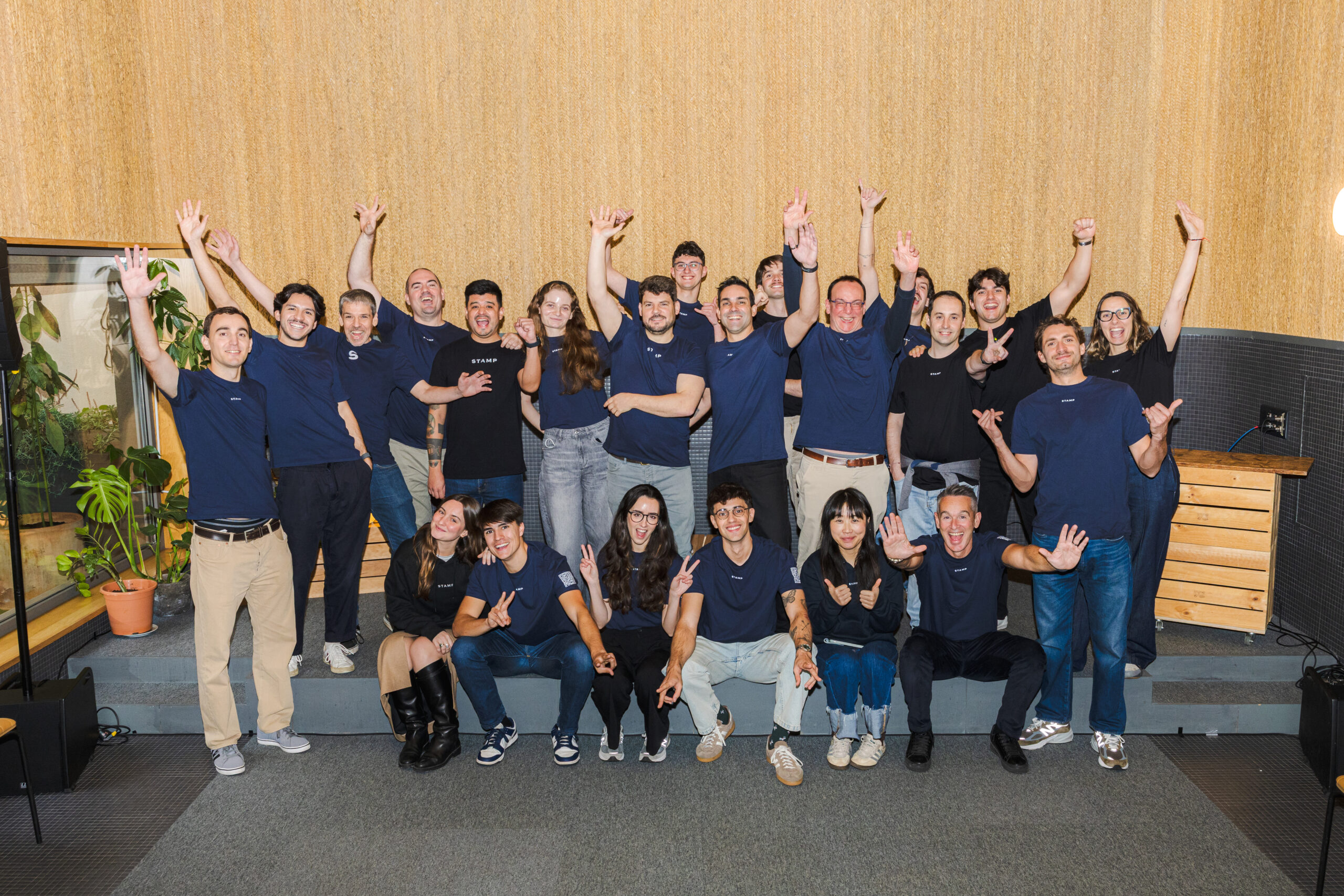In a year marked by difficulties for startups aiming to raise funds, and ongoing debates about the perfect balance between equity and debt, a new player has entered the scene with some good old know-how on one hand and a fresh appetite for innovation on the other.
BBVA launched BBVA Spark in July 2022, its comprehensive financial services proposal for innovative companies in their various stages of growth.
Novobrief sat down with Roberto Albaladejo, Head of BBVA Spark, to talk about the way they analyze risk in innovative startups, how startups should tackle debt for 2023, and the complex venture capital landscape ahead.
Spark, as stated by Roberto, was created to enable startups of all sizes navigate all their financial needs in one place, including sophisticated financing products such as venture debt or growth loans.
To this end, BBVA Spark will provide them with a different banking experience with a team of specialists who speak their own language.
For Albaladejo, BBVA has always been a bank that prioritizes innovation. Their Open Innovation division has been working for the last 10 years on developing financial solutions through creative technological integrations. But now their bet is even more straightforward.
“We want to work with the Inditex of tomorrow and we have to go get them”, adds the executive.
What he means is that in order for innovation to thrive it’s crucial for massive and well-established companies like BBVA to support the entrepreneurs of today. Historically, one might think that the two, startups and traditional companies, would get along like oil and water.
Most startups are born to respond to the stagnation of incumbent companies. Offering a solution that the big players are not willing to implement because they’ve grown complacent is what it means to be disruptive. So, how are traditional banks like BBVA supposed to help startups achieve their purpose?
“I think it requires a little bit of speaking their own language, the startup language”, says Albaladejo.
The sweet romance between the old and the new
“The idea is to dig deeper into this niche that has been neglected by the big banks, and offer a portfolio of basic services for the operation of a company, but adapted to the particular needs of startups”, adds the executive.
For many startups, securing funding from big banks is not an option as the traditional risk assessments will never favor a startup’s risk profile.
More than 90% of startups fail, so it is difficult for a bank to commit millions of dollars knowing there is less than a 10% chance that they will ever get to see that money again, and even less of a chance for that investment to yield attractive returns. BBVA Spark seems to have a different approach to this problem.
“We’ve built something that I think is very different. We do not analyze these companies as they are traditionally analyzed”, says Albaladejo. “It’s not how you look at them, no. If you look at our management process, the things that we ask for, and our intake process and you compare it to a VC process it’s pretty similar. So we have conversion because the steps we take are pretty similar”.
On the highway to debt
Startups, regardless of their level of success, are facing the fact that in a high inflation environment, raising funds means that their valuations will be considerably reduced as the amount of money being deployed is not as generous as it has been in previous years, and this context is disproportionally advantageous for VCs
“Let’s say that this balance of power is quite inclined on the VC side to get more equity in these companies for much less money or is simply making it harder for founders to close these rounds”, says Albaladejo.
The reality is that many companies in the U.S., and especially in Latin America, are being forced to complement their rounds with debt.
“If you need working capital, i.e. if you have a problem that you have too many sales and you do not really have the money to supply the inventory it is preferable many times that you opt for debt than giving a lot of equity from your company”, suggests Albaladejo.
For him, that is something an experienced founder would do. “Traditional banks have always been good at sitting down with you to work through these kinds of obstacles”, adds the Head of BBVA Spark, “and especially when they are establishing a relationship. If you already have a pre-established relationship with us, we can tell you what’s the best way to proceed. And if you take into account that we have bankers that specialize in your industry, as we said, that speak the same language as you, they’re going to advise you with your best interests in mind.”
The VC horizon ahead
For Albaladejo, this first half of the year is going to be very similar to the last half of the previous one, in terms of venture capital investments in Spain.
“We have to see if the VCs will support the companies or not. I’m beginning to think that the activity is going to resume at some point. There’s a lot of dry powder in the market to support good business projects, and I think it is a matter of time until everyone understands that the valuations will never be those of 2021”.
For him, it’s clear that on one hand, the founders are going to have to realize that they can’t maintain the same valuation that they had in previous years, especially if they are in dire need to extend their runway..
“Secondly, what I’m sure of is that we are going to see quite a few bridge rounds this year led by the VCs that have previously supported those startups, because, at the end of the day, they need capital to continue working”.
Looking forward to 2023, Roberto has some words of advice for entrepreneurs.
“I think financial management will take a very important role this year and it is best to seek many opinions from expert banks on how to optimize that part, and on how to get funding or how to optimize financial structure with the lowest possible cost”.
Albaladejo adds that there are many ways to do it. “I think that the management of capital and costs this year is going to be relevant to continue growing until things get better”.







